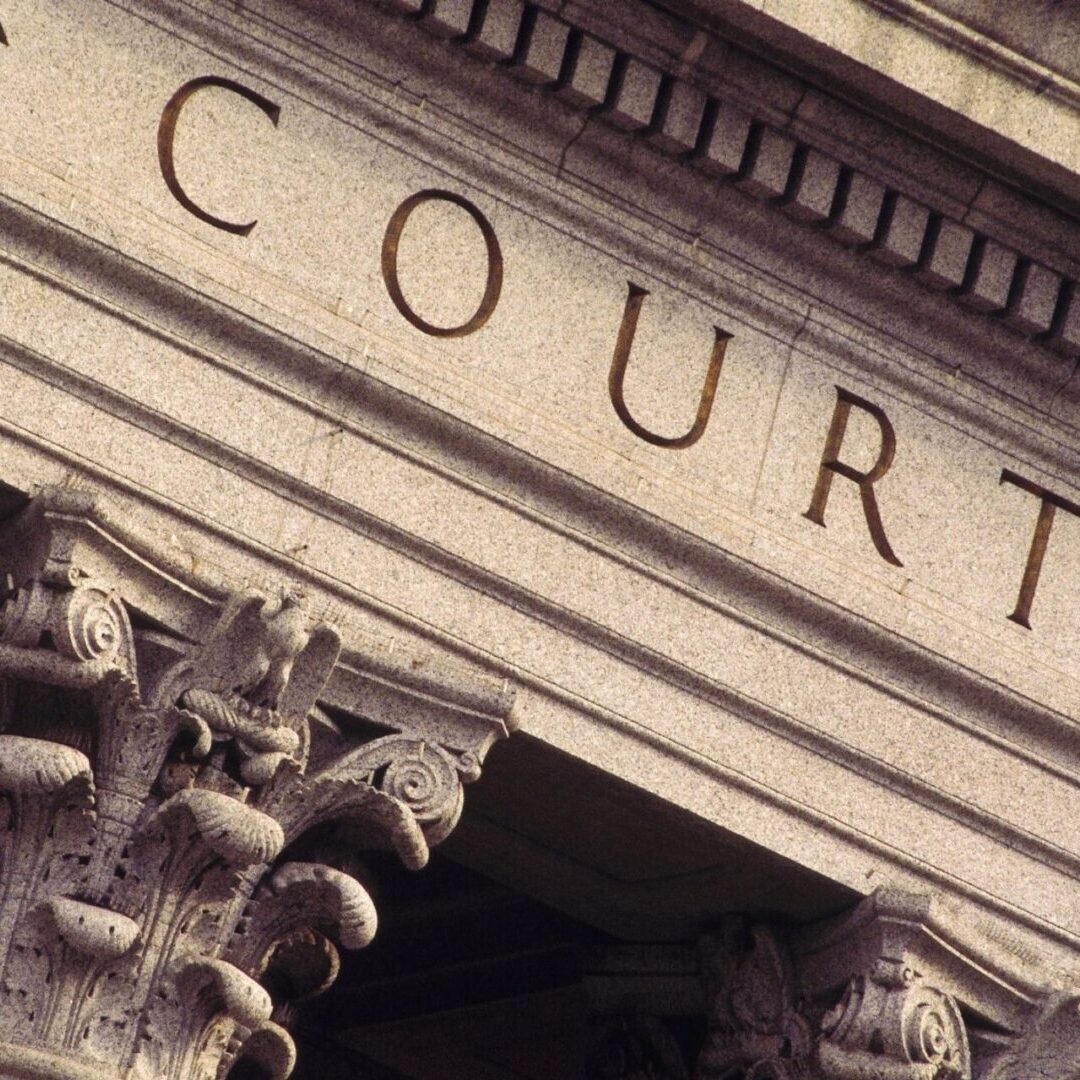
Your Estate Plan Coordinator
Melissa J Dawson
Premier Wealth Concepts, LLC
PO Box 271129, Littleton CO 80127
melissa@premierwealthconcepts.com | (303) 819-6685
Do I need a Will or a Trust?
What do Picasso, Jimi Hendrix and Abraham Lincoln all have in common?
They all died Intestate (in-tes-tate). Which means they all died without leaving a Will, causing problems and expenses for their heirs. And they are not alone. One survey found that 58% of Americans don’t have a Will.
How much of your estate do you want to be paid to courts and lawyers?
Small investment now OR major expense later.
Door #1
No Plan / No Control = Government Control
Door #2
A Last Will & Testament = Limited Control
Door #3
A Revocable Living Trust = You Maintain Full Control
We’ve made it easy and convenient to implement your Living Revocable Trust
Estate planning is the process of anticipating and arranging, during a person’s life, for the management and disposal of that person’s estate during the person’s life, in the event the person becomes incapacitated and after death.
It’s merely a Wish. A Will is a written directive that includes instructions about who is to settle your estate (the executor), who is to be the guardian for any minor children, and how property is to be distributed to your heirs. But is a Will enough? Probably not. A Will may not protect your assets from certain expenses, and it won’t help your loved ones make decisions in the case of a catastrophic illness or injury. A Will may be only one of the documents you need and one of the factors you should consider when it comes to managing your estate. A Will must go through probate, which allows your limited control. A living Will provides specific instructions about your medical care if you become incapacitated and unable to communicate.
A Power of Attorney document authorizes someone to handle legal and financial decisions.
Probate is a matter of public record. If you aren’t willing to publicize your assets while you’re alive, why would you want to when deceased?
When you die, even if you have a Last Will & Testament, your estate will have to go through a potentially lengthy legal process known as probate. Probate generally starts with the Executor you name in your Will, filing the Will, with the probate court. If you do not have a Will the court will name an Administrator and follow state intestacy law. The Executor (or Administrator) is required to identify and notify creditors of the probate court action. All debts will be settled and Tax returns filed, prior to any distributions of the estate. A waiting period is required, notification in writing, and public notice (newspaper) is required to allow creditors time to file their claims. Your Executor will oversee the distribution of your property according to the terms of your Will. Probate rules vary by state
A Trust is a legal document that creates a new entity in which you own and control while alive, and helps to maintain your privacy. It avoids probate along with the expense and delays that come with it. A Trust can own property and other assets. A Trust allows you measurable control over not only who gets your assets but also when, and how. It dictates who manages assets for minors along with who raises your children.
The Durable Power of Attorney for Finances will give our appointed agent the power to make basic financial decisions regarding assets NOT FUNDED into your Trust.
For assets already funded into the Trust, the Trustee already has the authority.
Your agent may use this power to buy and sell non-trust assets, write checks from your (non-trust) accounts etc. He or she could even fund assets into your Trust prior to your death to avoid probate.
The Durable Power of Attorney for Health Care allows your appointed agent to make important health care decisions for you in the event of your incapacitation. Choose carefully because your agent can terminate life support systems even if the principal is not “terminally” ill.
Living Will and Advanced Directive allow you to determine how you want medical care administered if you have a terminal illness or are in a comatose state.
If such a condition should happen to you, these instruments will serve to give notice to medical professionals your wishes.
THE IMPORTANT DOCUMENTS IN AN ESTATE PLAN
- Revocable Living Trust
- Last Will & Testament (Pour-Over Will or assets not in your Trust)
- Durable Powers of Attorney
- Advanced Medical Directives
- Living Will
- Advanced Medical Directives
- Organ Donation Directives
“Theft Beyond the Grave”
Probate is a public court proceeding, you have no privacy. Now “theft beyond the grave” is one of the fastest growing forms of cybercrime in America.
Myth ~ Most believe Revocable Living Trusts are just for the wealthy.
Truth ~ “If you have some assets, (maybe just a car and some nice furniture) or minor children, you still need an Estate Plan - even if taxes are not an issue.”~SmartMoney Magazine Jan 2012
Myth ~ Most believe the only way to get your Will & Trust written up is by going to an expensive lawyer.
Truth ~ Our Trusted Advisors built the software that Law Firms use, which we provide to you, to complete your Will & Trust in the comfort of your own home and at a deeply discounted rate.
Probate Court ~ Why to Avoid It
- Probate Court ultimately decides who receives your assets.
- A valid Last Will & Testament is a guide, but it may get challenged.
- Your private matters are public record
- Family members wait months/years before receiving assets
- Multiple probates if assets in 2+ states
- Costs thousands of dollars in legal and court fees, averaging 1% - 8% of the estate’s value

Benefits of a Trust
Save time & money
Avoid Probate hassles, expense, & paperwork
Maintain Your Privacy
Maximize Tax Exemptions
You decide WHO receives your assets
You decide WHEN they receive them
You decide HOW they receive them.

Ready to create your Living Revocable Trust?
You will need:
Names & contact info for your beneficiaries
Names & Dates of Birth for any children
Names & Contact info for your Trustees & Agents
About an Hour to complete the online interview
You may come back at any time to finish!
Why don’t more people have an estate plan?
- Intimidating process - We offer an easy step by step process
- Attorney costs - Not necessary! Here is your low cost solution!
- Uncomfortable topic - We offer peace of mind!
- Too complicated - Nothing complicated about our process!
To start building your Living Revocable Trust
Ask me for a free trial!
